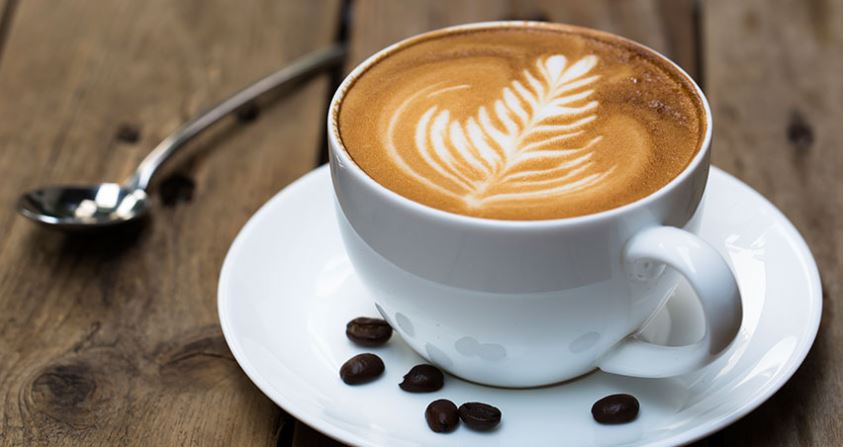×
The Standard e-Paper
Kenya’s Boldest Voice

Coffee is in actual fact the unofficial beverage of the workforce. It’s not until that first hit of caffeine that we truly feel alive. And it doesn’t stop there. As the day’s demands wear us down, we often reach for the cup of Java triple Espresso for that much-needed kick.